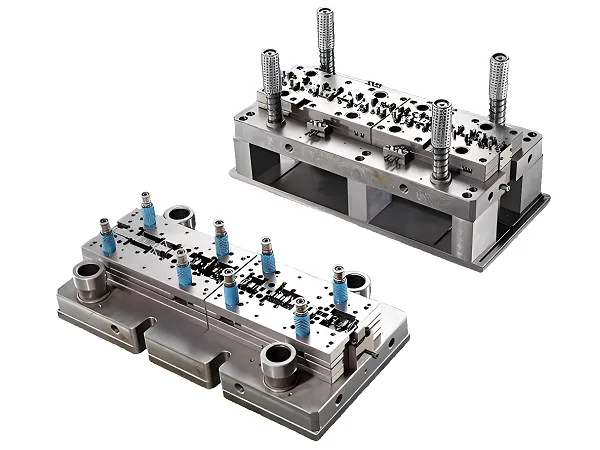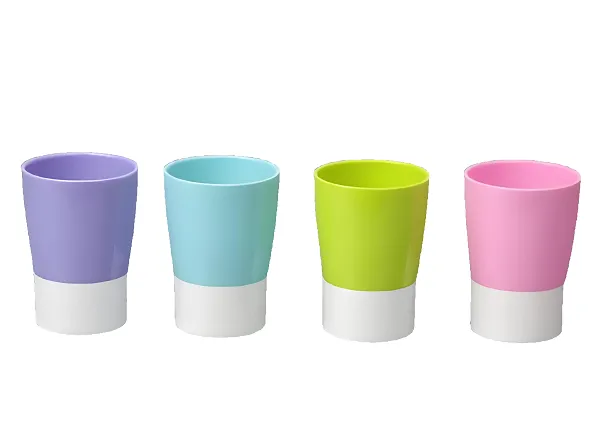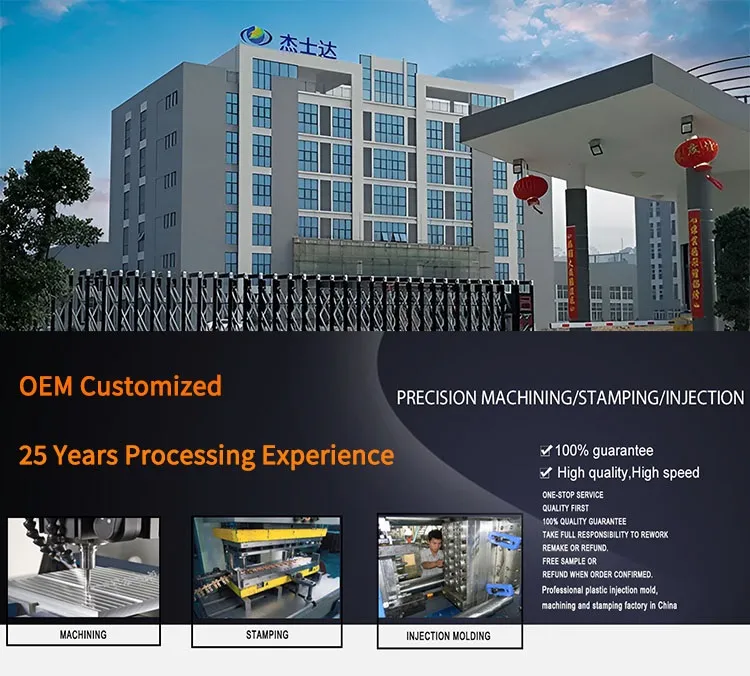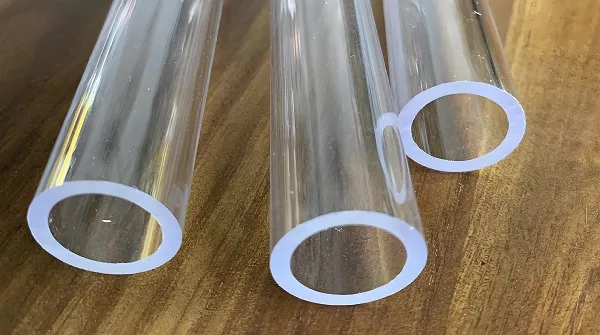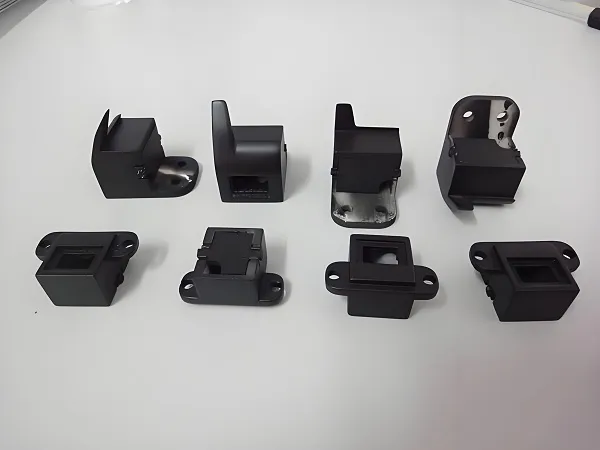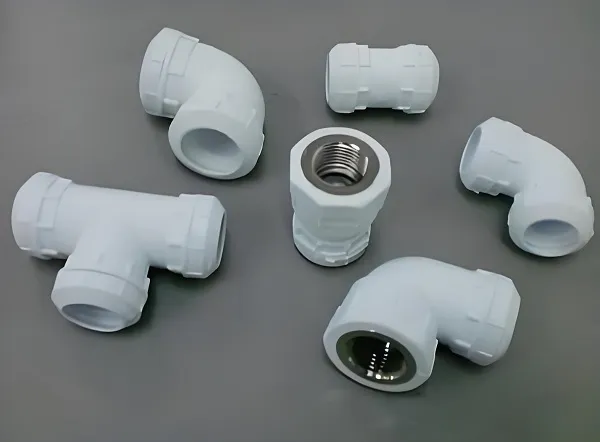In the field of Computer Numerical Control (CNC) machining, despite the fact that this technology is known for its high precision, efficiency and flexibility in handling a wide range of materials, there are still some materials that are difficult or impossible to CNC machine due to their physical and chemical properties. This article will explore which materials are unsuitable for CNC machining based on authentic and reliable literature support, and analyze them through data and expertise, while providing examples of the most suitable materials for CNC machining and the advantages of their finished products.
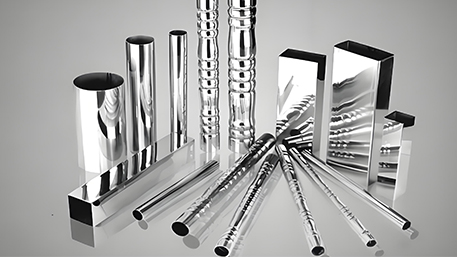
1. Materials that cannot be CNC machined
High hardness materials: Certain materials such as silicon carbide (SiC), silicon nitride (Si₃N₄), etc. are difficult to cut effectively even with carbide tools due to their extremely high hardness and wear resistance. These materials lead to rapid tool wear in CNC machining, low machining efficiency and high machining costs. Silicon carbide has a Mohs hardness of 9.5, close to diamond, making it a major challenge in CNC machining.
Highly brittle materials: Because of their high brittleness, materials such as glass and ceramics are highly susceptible to cracking and crushing during CNC machining, making it difficult to ensure machining accuracy and surface quality. The fracture toughness of ceramic materials is low, and the heat and mechanical stress generated during machining can easily cause the material to crack, making it difficult to implement CNC machining.
Highly reactive materials: certain metals such as magnesium, titanium, etc., are prone to chemical reactions with oxygen, water vapor, etc. in the air during machining, forming an oxide layer, which not only increases tool wear, but also reduces machining efficiency. Titanium at high temperatures and the oxygen in the air to generate a hard and brittle titanium oxide layer, which greatly increases the difficulty of cutting.
Highly viscous materials: such as rubber, certain polymers, etc., because of its high viscosity, in the cutting process is easy to adhere to the tool and the workpiece, resulting in reduced machining accuracy and increased tool wear. The heat generated during machining of rubber-like materials will soften the material, further increasing the possibility of adhesion.
2. The most suitable materials for CNC machining and their advantages
In contrast, aluminum alloys, stainless steel, brass, and certain plastics such as polytetrafluoroethylene (PTFE) and nylon are the most commonly used materials for CNC machining. These materials are suitable for CNC machining mainly due to their good cutting performance, suitable hardness and toughness, and relatively low machining costs.
Aluminum Alloy: Aluminum alloy has become the material of choice in aerospace and automotive manufacturing due to its light weight, good thermal conductivity and corrosion resistance.CNC machined aluminum alloy parts have smooth surfaces and high dimensional accuracy, which can meet the machining needs of complex structures. The cutting speed of aluminum alloy can be as high as thousands of revolutions per minute, which greatly improves the processing efficiency.
Stainless Steel: Stainless steel is widely used in medical devices, food processing equipment and other fields due to its high strength, corrosion resistance and good mechanical properties.CNC-machined stainless steel parts have excellent surface quality and durability, and are able to meet strict health standards and safety requirements.
Brass: brass has good cutting performance and machinability, easy to form complex shapes and details.CNC machined brass parts are not only beautiful, but also have good electrical conductivity and corrosion resistance, suitable for electronic components, decorations and other products.
Plastics: Plastic materials such as polytetrafluoroethylene (PTFE) and nylon are commonly used in CNC machining because of their lightweight, wear-resistant and corrosion-resistant characteristics. These plastic materials are less likely to generate heat during machining, reducing tool wear, and the machined parts have a smooth surface that is easy to clean and maintain.
3.Conclusion
In summary, although CNC machining technology has a wide range of applications and a high degree of flexibility, there are still certain materials that are difficult or impossible to CNC machine due to their special physical and chemical properties. Therefore, when selecting materials for machining, full consideration should be given to the material’s cutting performance, machining cost, and the functional requirements of the product. In contrast, aluminum alloy, stainless steel, brass and certain plastic materials have become the preferred materials in CNC machining due to their good cutting performance and the advantages of finished products after machining.

